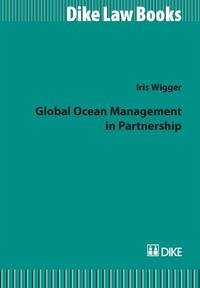The oceans play a central role in regulating climate, being part of the food supply chain, and providing routes for navigation and transport of cargo and passengers. Shipping is the basic method for transporting goods and cargo. Virtually every product ever made, bought, or sold has been affected by shipping. The International Maritime Organization (IMO) is the UN systems regulatory agency for the maritime sector and its global mandate is safer shipping and cleaner oceans. The common goal is to eradicate substandard shipping. The IMO initiated and developed the Voluntary IMO Member State Audit Scheme. For the first time ever, maritime administrations will be (voluntarily) subject to external audit of how effectively they implement and enforce IMO safety and pollution prevention regulations. The results of the audits should allow resources from IMOs Technical Cooperation Programme to be better targeted at maritime administrations. States, acting in their functions as flag, port or coastal states, are given the guidelines to better fulfil their duties and responsibilities under international maritime law in general. Capacity-building and education are needed to enable states and other various stakeholders to tackle the problems threatening the oceans. Based on these facts and to provide assistance to states in order to fulfil the corrective actions required after the carrying out of the IMO Audit, the Global Ocean Management in Partnership was developed. Innovative technologies and an exchange of knowledge can provide a basis for sound policymaking towards a global ocean management. The problems of ocean spaces are closely interrelated and must be considered as a whole. Understanding the oceanic processes, the legal framework as well as the vulnerability of the marine environment is critical to our survival.
Bitte wählen Sie Ihr Anliegen aus.
Rechnungen
Retourenschein anfordern
Bestellstatus
Storno

